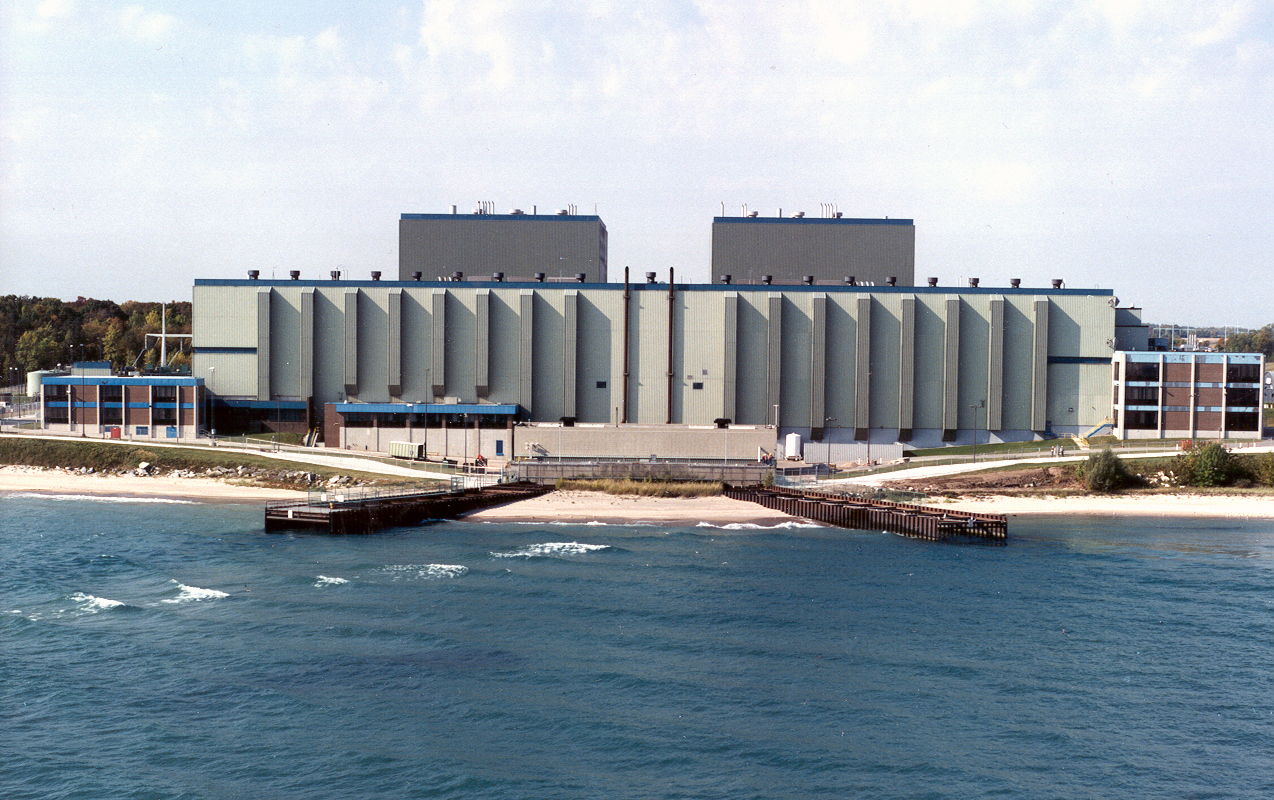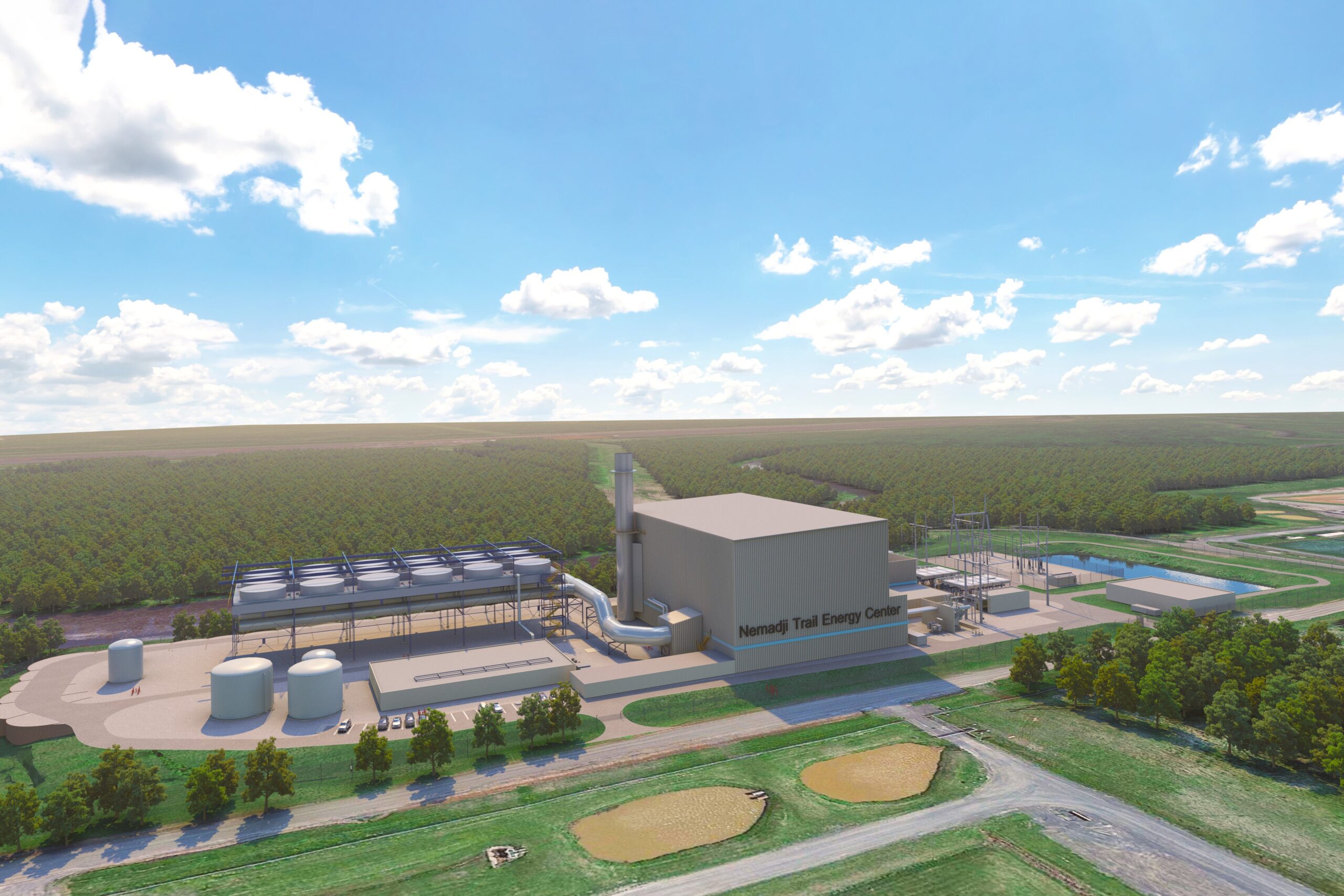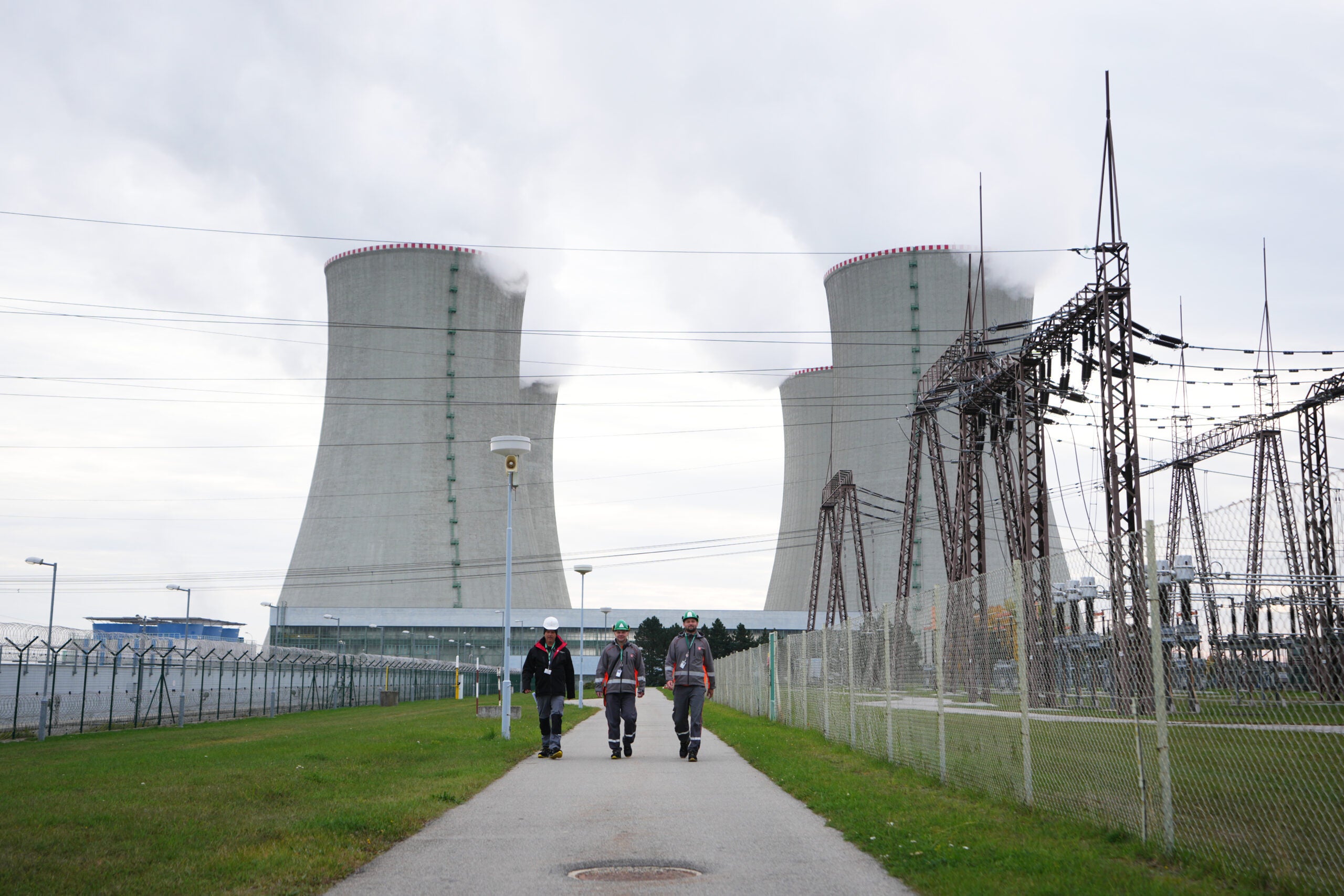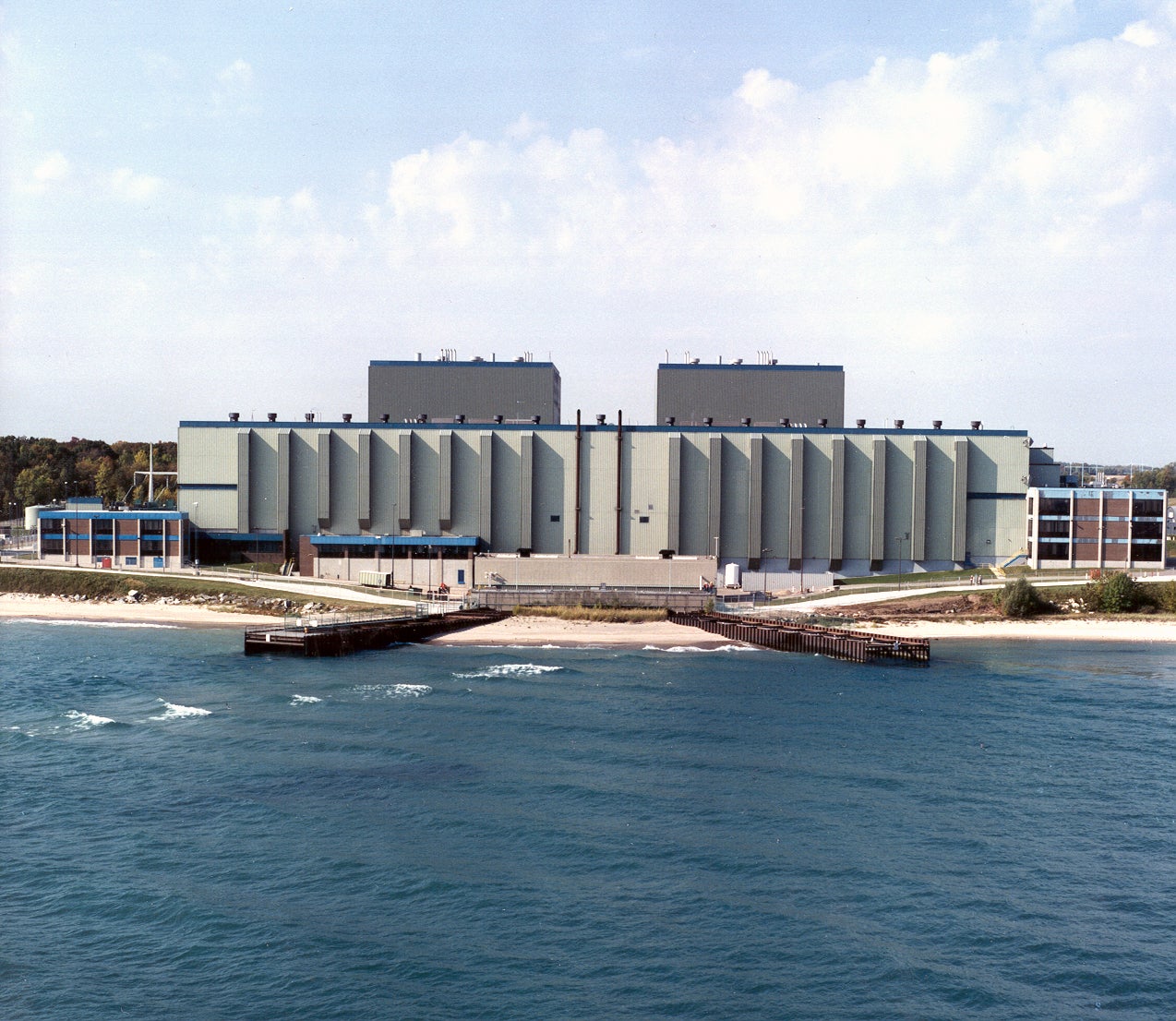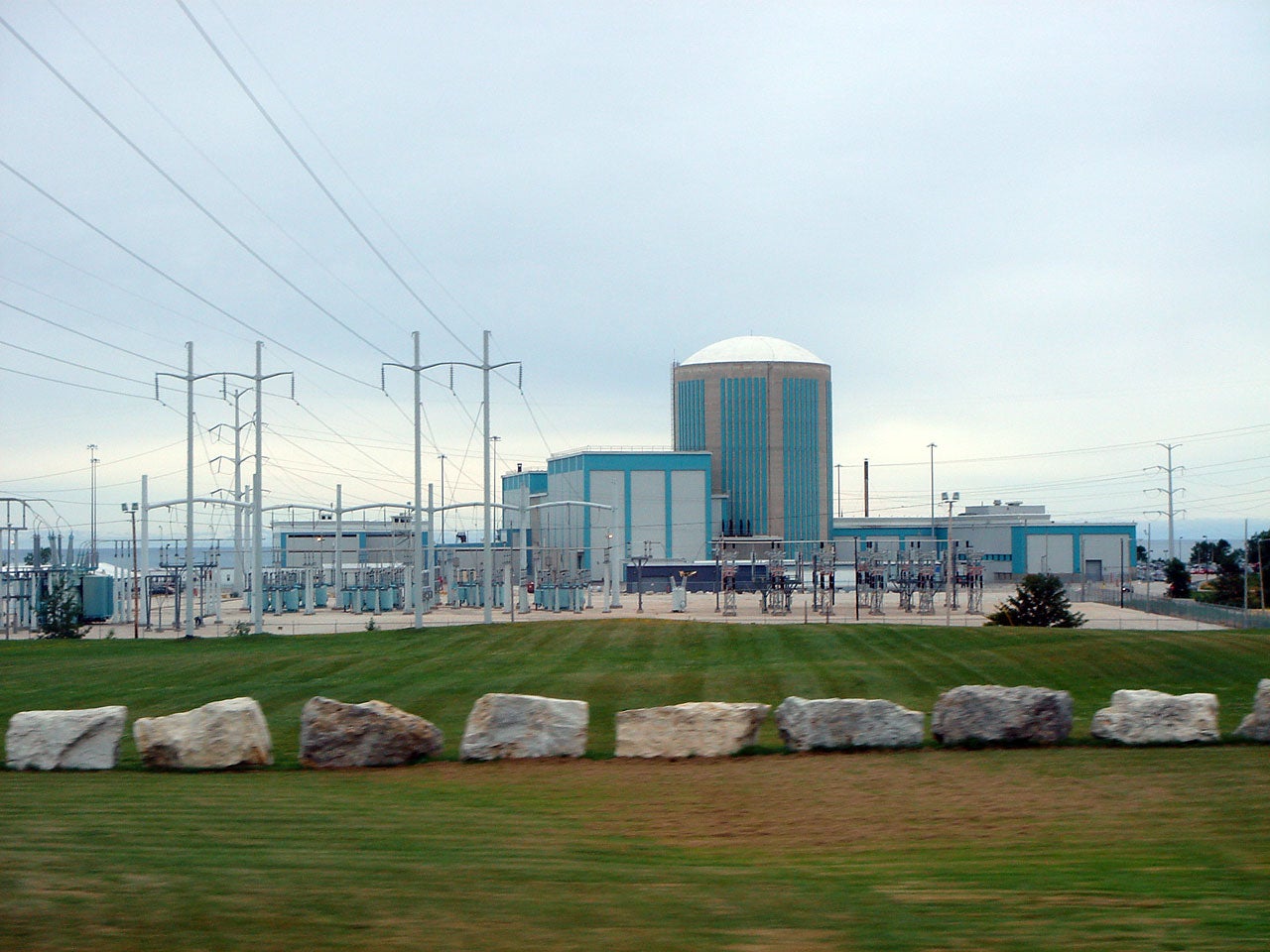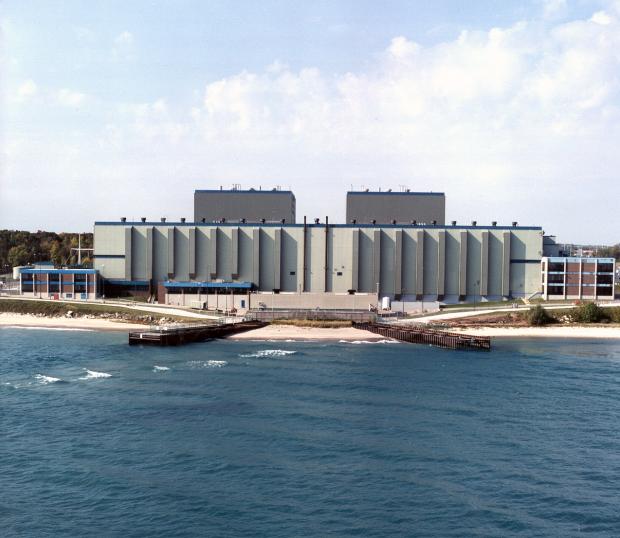As the nation shifts away from fossil fuels to combat climate change, federal energy officials and some lawmakers in Wisconsin say nuclear power plays a key role in meeting carbon reduction goals.
The remarks were part of a Thursday discussion about nuclear power hosted by Customers First Coalition. The discussion was broadcast on WisconsinEye.
Supporters of nuclear plants say they’re a carbon-free source of electricity. Opponents express concerns about their safety, waste storage and the cost of building new reactors.
News with a little more humanity
WPR’s “Wisconsin Today” newsletter keeps you connected to the state you love without feeling overwhelmed. No paywall. No agenda. No corporate filter.
Plant Vogtle is the nation’s only nuclear plant currently under construction in Georgia. The development of new reactors slowed significantly after a partial meltdown at Three Mile Island in 1979 destroyed public confidence in nuclear energy. More recently, safety concerns have mounted in Minnesota surrounding Xcel Energy’s nuclear plant in Monticello after water containing mildly radioactive material leaked for months before it was disclosed to the public.
Cheryl Moss Herman, a senior advisor within the Department of Energy, said nuclear power is the only way to reach the Biden administration’s goals to cut carbon emissions in half by the end of the decade and provide carbon-free electricity by 2035.
“We’re definitely at a turning point, not just for the future of nuclear energy, but for our efforts to tackle the climate crisis and for meeting the escalating challenges to our energy security,” Herman said.
Scientists have urged drastic cuts in carbon emissions to ward off the worst effects of climate change. Herman noted a Department of Energy report released in March states between 100 to 200 gigawatts of new nuclear power will be needed by 2050 to meet the nation’s carbon reduction goals. The addition of 200 gigawatts would triple the country’s current nuclear generating capacity. Currently, there are 28 states that host 93 reactors in operation, including a new unit at Plant Vogtle.
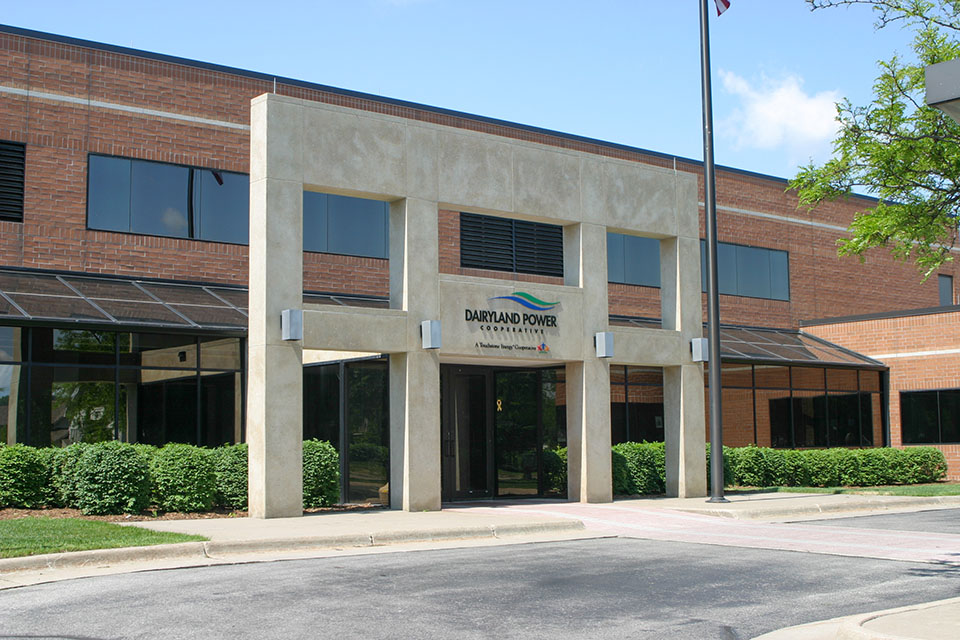
Nuclear accounts for 16 percent of power generated in Wisconsin. The state’s clean energy plan released last year by Gov. Tony Evers said the state should explore new nuclear power as part of the clean energy transition. State Democratic Minority Leader Melissa Agard of Madison said nuclear energy is a “significant part” of the state’s transition. Republican State Representative Kevin Petersen of Waupaca, who helped repeal Wisconsin’s decades-long nuclear moratorium in 2016, said the state is ready to expand its energy portfolio.
The Point Beach facility in Two Rivers is Wisconsin’s only operating nuclear power plant. But at least one utility is studying the possibility of adding more.
Dairyland Power Cooperative announced last year that it’s exploring the addition of nuclear energy to its power mix. The power provider has entered into an agreement with Oregon-based NuScale Power to evaluate the potential for using NuScale’s advanced reactor technology.
“(Dairyland officials) do see a very viable option with the safe delivery of energy to the customers through small modular reactor technology,” said Jeremy Browning, Dairyland’s vice president of generation.
Small modular reactors are among advanced reactor technologies that can operate more safely than nuclear reactors of the past. They use a variety of coolants like molten salt and gas that are said to be safer and more efficient than traditional reactors. NuScale’s small modular reactor design is the only one to receive approval from the Nuclear Regulatory Commission.
The only U.S. NRC-approved, near-term deployable #SMR technology. That’s #PowerToTheWorld. pic.twitter.com/dRUQZ9dpnr
— NuScale Power (@NuScale_Power) April 12, 2023
Browning said the cooperative is conducting a site study this year to identify a location suitable for its technology. He noted a September report from the Department of Energy identified five retired coal plant sites in Wisconsin that could host an advanced reactor like NuScale’s design. He added one would rise to the top of the list for Dairyland, but he declined to identify the site.
“Right now, in our process, it’s about finding a safe place, a reliable technology that matches to that place, and then we’re going to really start looking at the (capital expenditures) and moving forward operating costs to make sure that it fits the model,” Browning said.
Paul Wilson, professor of nuclear engineering at UW-Madison, said conventional wisdom has so far held that building bigger reactors is cheaper. While that often rings true, he said the upfront capital cost of building large reactors can exceed what utilities are able to afford.
“Small modular reactors — the key is that they’re a little bit smaller,” Wilson said. “It means it’s a smaller investment for a utility or cooperative like Dairyland.”
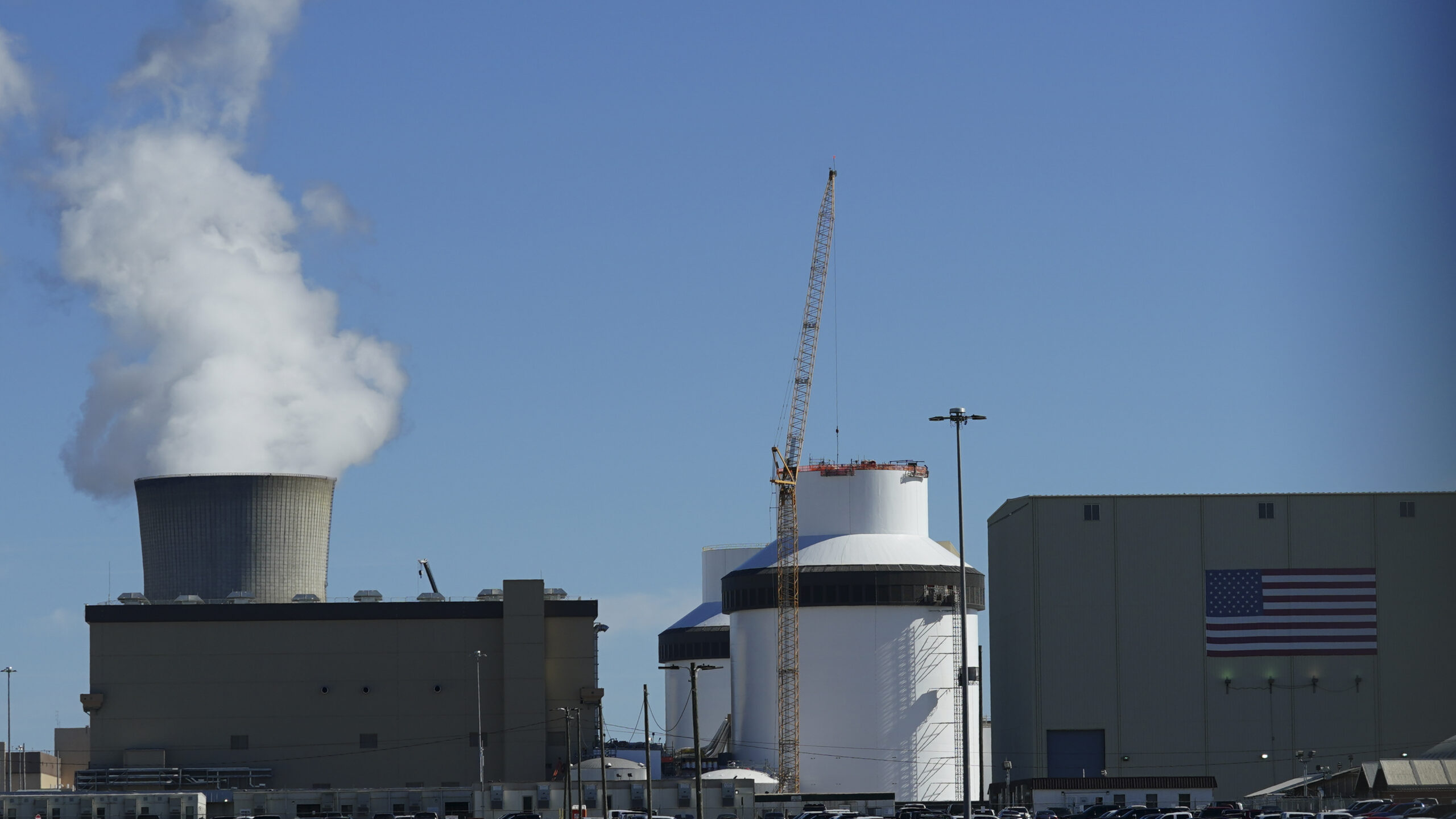
The cost of building new reactors is a significant concern for consumer advocacy groups like Wisconsin’s Citizens Utility Board. Tom Content, the group’s executive director, pointed to escalating costs with nuclear energy at Plant Vogtle in Georgia. The facility began generating electricity from one of its new units for the first time this month, but it’s seen the cost of building new large reactors double to more than $30 billion.
Content added that We Energies customers are already seeing rising costs as part of the utility’s power purchase agreement with Point Beach.
“There has to be a balancing act there,” Content said.
Wilson noted the first small modular reactors may be more expensive than large reactors, but he said costs are expected to drop over time similar to solar systems. The Inflation Reduction Act, passed last year, also includes incentives to maintain existing reactors and build advanced ones.
Emily Pritzkow, executive director of the Wisconsin Building Trades Council, said nuclear energy development could provide high-paying jobs for their 40,000 members.
“We, in general, are really supportive of looking at these advanced technologies that are clean,” Pritzkow said. “We recognize that there’s obviously still a spent waste issue…that needs to be addressed. But this seems like just such a logical transition for jobs, for reliability of our infrastructure.”
The Department of Energy is working on a waste management system that would include one or more federal storage facilities in the interim. It’s also working on a process to ask communities if they’re willing to host nuclear waste. The Associated Press reported a plan to build a national storage facility at Yucca Mountain in Nevada was withdrawn due to local opposition.
Editor’s note: The Citizens Utility Board is an underwriter of WPR.
Correction: A previous version of this story incorrectly identified the date of a report detailing how much nuclear energy is needed to meet carbon reduction goals nationwide. The story has been updated.
Wisconsin Public Radio, © Copyright 2025, Board of Regents of the University of Wisconsin System and Wisconsin Educational Communications Board.

